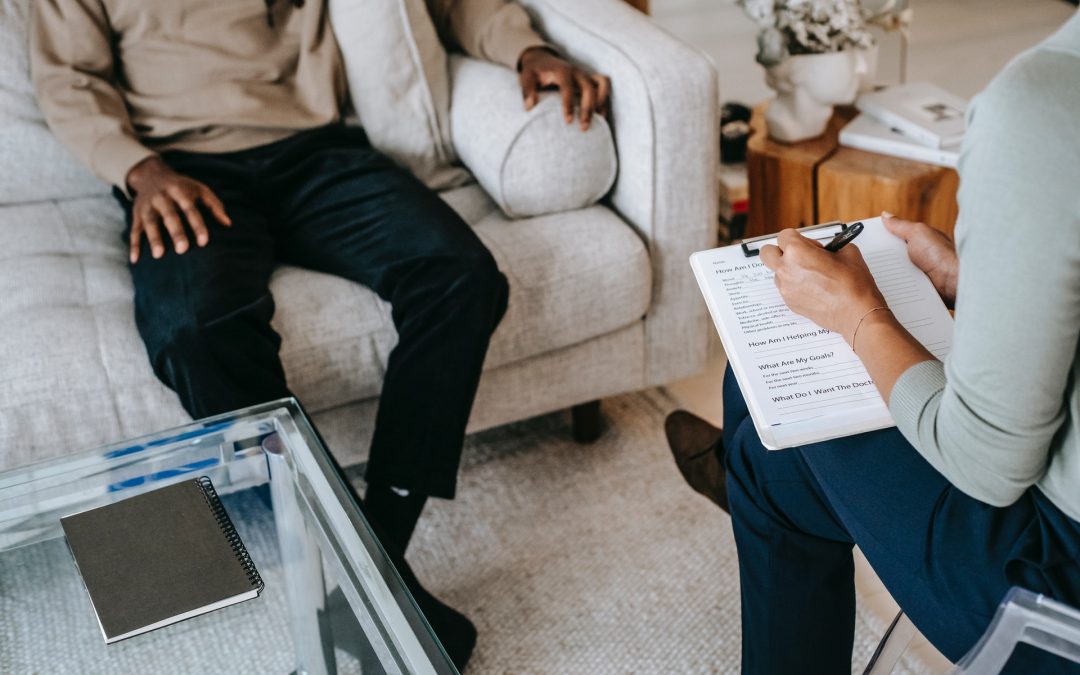For people who have not attended psychological counselling before, you will be connected with your psychologist prior to coming to your appointment. They will send you a welcome email with the information about attending your appointment. The email will include the time and the date of the appointment and that you could bring your referral details Medicare card and any notes that you may like to make prior to coming to talk with them.
The email also contains two online forms for you to fill out prior to attending so the information will be given to your treating psychologist or counsellor prior to your appointment.
Due to COVID-19 we no longer have a waiting room. Therefore appointments are spaced 30 minutes apart from each other. For children and adolescence parents are encouraged to come into meet the psychologist at the session and wait in their car or go for a coffee.
When you arrive your therapist will welcome you. They will introduce themselves and go over some paperwork and discuss any key issues that are written on the paperwork from the GP.
Duration of appointment
The initial appointment runs for about 50-60 mins.
Your therapist will introduce themselves and talk a little bit about their experience and expertise they will explain to you about your privacy and confidentiality within the counselling sessions. This will be further discussed with you so you may ask questions. Confidentiality is about keeping your information private and only within the sessions unless you are at risk to harm yourself or another person or if your notes are requested for legal reasons and in these circumstances your consent is discussed with you.
Our codes of conduct guides a psychologist or counsellor’s ethical professional behaviour and stipulates that psychologists and counsellors are not to disclose information unless understand the special circumstances noted above.
Why now did you decide to engage in therapy?
Once the paperwork and initial discussions are had, the psychologist or counsellor will ask you to talk about some of the symptoms you may be experiencing and some of the issues that you are concerned about. Most psychologists and counsellors take notes through the discussions to make sure they get a recorded understanding of what you are talking about, it helps stay on track and return to previous discussions to understand the issue.
Understanding why you have come to talk
Some of the questions they may ask you include:
- Describing a recent event that increased your symptoms.
- Is there an environment in which the problem occurs or does not occur such as university, work, school, recreational /sporting club or home?
- How does the issue impact your daily functioning or does it just impact in a particular area of your life.
- What are some of your causes and what are some of the solutions you have tried.
- Questions may be asked about the frequency, intensity, and length or duration of the issue. When it first began and has it stopped at any time.
What does a Telehealth appointment look like and how does it work?
The same procedures are followed as above the difference is you will be sent a link at the time of your appointment and everything will be done via zoom, powerdiary link or you will be contacted by telephone.
Forming an understanding of you
Psychologists may ask questions around your current activities, family, relationships, work and or schooling.
Psychologists and counsellors may ask questions about your development, childhood and adolescent experiences, previous illness, hospital admissions, previous mental health issues to gain an understanding and work with you to set therapy goals and expectations for therapy.
With all of this information discussed reflective feedback and discussions around the presenting issue, possible contributing factors and factors that may be maintaining the issue.
Collaboration
Therapy does not work if there is no collaboration between the psychologist or client. Building rapport is key in the therapeutic process so finding someone you trust and are able to set goals with is important.
The frequency of therapy may begin as weekly, fortnightly but gradually reduce to monthly.
We recommend you book further sessions in advance to ensure a regular approach to achieve your therapeutic goals.



